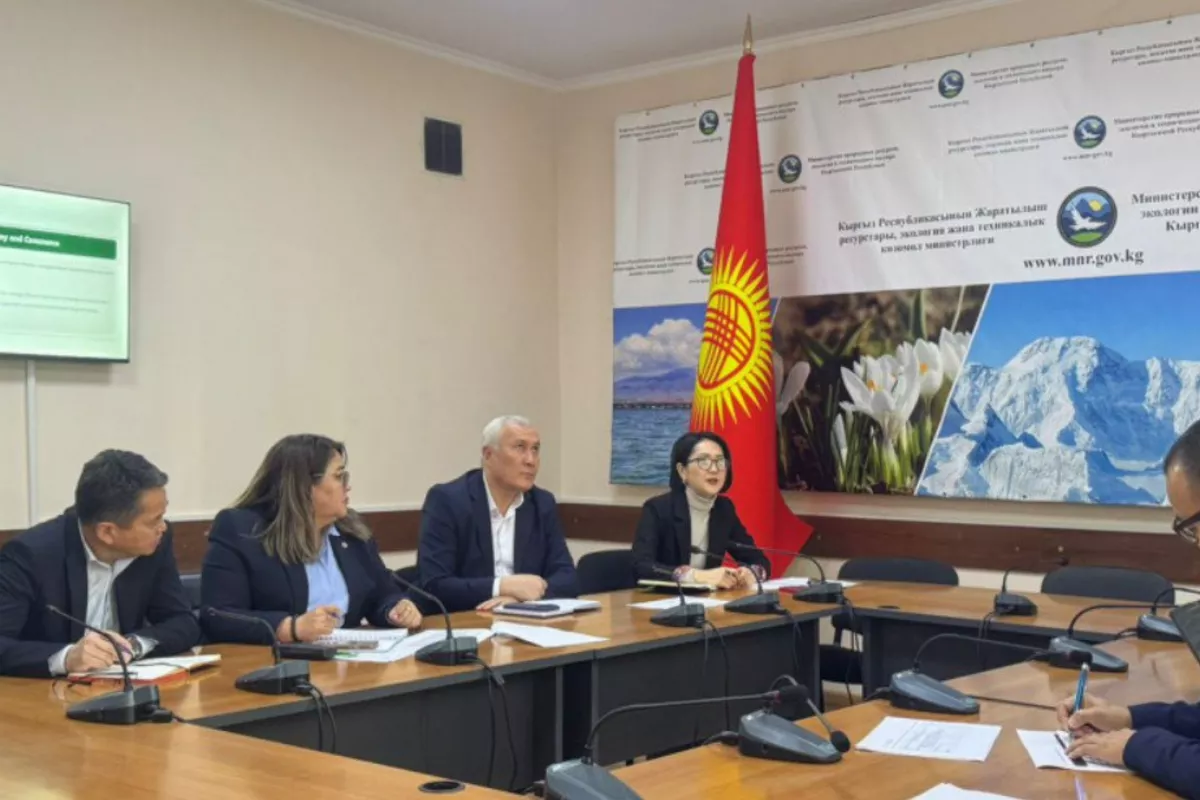
Photo: gov.kg
Kyrgyzstan is partnering with South Korean organizations to construct a sanitary landfill in Kemin, a town in the northern Chui region located about 95 kilometers east of Bishkek, The Caspian Post reports, citing The Times of Central Asia.
Earlier this month, the Kyrgyz Ministry of Natural Resources, Ecology, and Technical Supervision held a meeting with representatives from South Korea’s MYC Inc. (Make Your Climate) to secure grant funding for the project.
The two sides also conducted a joint study to identify a suitable location for the future landfill. The project is designed to implement an integrated waste management system that includes the sorting and incineration of solid waste, thereby reducing landfill volume and minimizing environmental harm.
Scheduled to run from 2027 to 2031, the project has an estimated budget of up to $10 million. The Korea Environmental Industry and Technology Institute (KEITI) will oversee project management.
The landfill is part of broader development plans for Kemin and the wider Chui region, which include the creation of an eco-friendly urban center, Kemin City. In January 2025, President Sadyr Japarov signed a decree to build the new city on 353 hectares. The project aims to provide modern housing, reduce outward migration, and retain skilled local labor.
Kemin and the nearby town of Orlovka were historically industrial hubs during the Soviet era. However, following the collapse of the USSR, many local enterprises shut down, prompting widespread out-migration. The development of Kemin City and its associated infrastructure is intended to reverse this trend and stimulate the local economy.
Share on social media